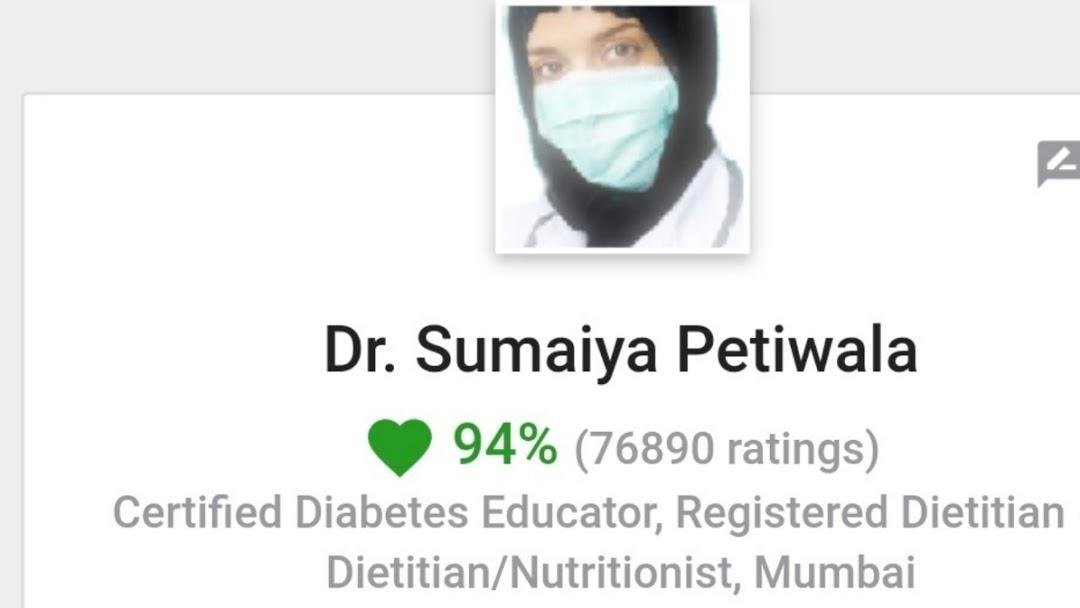As a practicing Registered Dietitian and Doctor, I have helped countless patients manage their IBS symptoms through personalized dietary modifications. IBS is a chronic condition that affects the large intestine and can cause a range of symptoms, including bloating, gas, abdominal pain, and changes in bowel habits.
As a healthcare professional with a specialization in nutrition, I understand the complex interplay between diet and digestive health. Here are some ways that I can help IBS patients manage their symptoms:
Identifying Food Triggers
I understand that every patient is different, and certain foods may cause symptoms for one person but not another. One of the most effective ways to identify food triggers is to follow a low FODMAP diet, which eliminates specific types of carbohydrates that can cause digestive distress. As an expert in medical nutrition therapy, I can guide patients through the process of identifying food triggers and developing a personalized dietary plan.
Providing Guidance on Fiber Intake
Fiber is an essential nutrient for maintaining digestive health, but too much or too little fiber can be problematic for IBS patients. As an RD, I can recommend appropriate fiber intake for each patient based on their individual needs. Some patients may benefit from increasing their fiber intake, while others may need to reduce it.
Educating on Meal Timing and Portion Control
Eating habits can have a significant impact on IBS symptoms. As an expert in medical nutrition therapy, I can provide guidance on meal timing and portion control to help manage symptoms. Eating smaller, more frequent meals may be helpful for some patients, while others may benefit from more substantial, less frequent meals.
Recommending Probiotics
Probiotics are beneficial bacteria that can help improve gut health. As an RD and Doctor, I can recommend probiotics to IBS patients to help manage symptoms. There are many different types of probiotics, and the appropriate choice will depend on each patient’s individual needs.

Addressing Nutritional Deficiencies IBS symptoms can sometimes be exacerbated by nutritional deficiencies. As an expert in medical nutrition therapy, I can identify and address any nutritional deficiencies that may be contributing to symptoms. This can involve recommending supplements or dietary changes to ensure adequate nutrient intake.
Providing Ongoing Support IBS is a chronic condition, and managing symptoms requires ongoing effort.
As an RD and Certified Diabetes Educator, I can work with patients to develop long-term dietary strategies to manage their symptoms and provide ongoing support and guidance as needed.
In conclusion, managing IBS symptoms requires a personalized approach, and working with a knowledgeable and experienced healthcare professional like myself can help identify dietary triggers, develop a personalized dietary plan, and provide ongoing support. If you are struggling with IBS symptoms, consider scheduling a consultation with me to help manage your symptoms and improve your quality of life.



